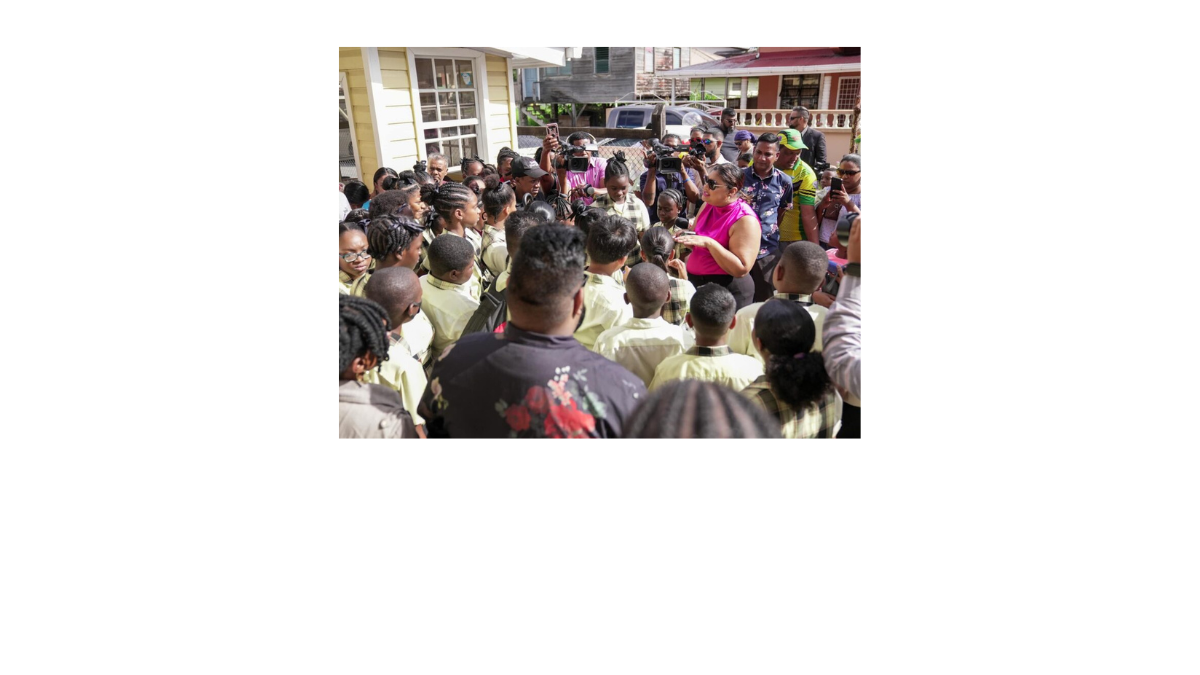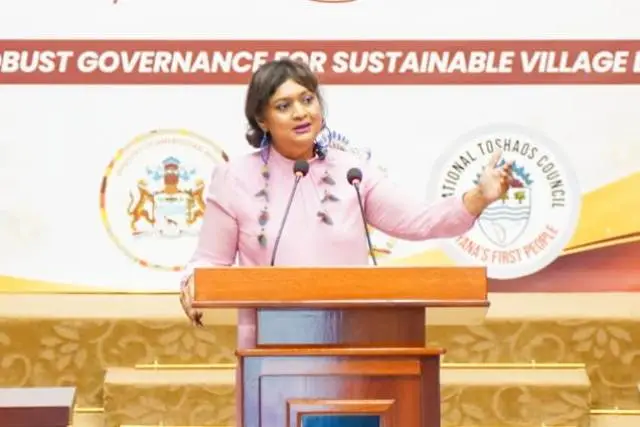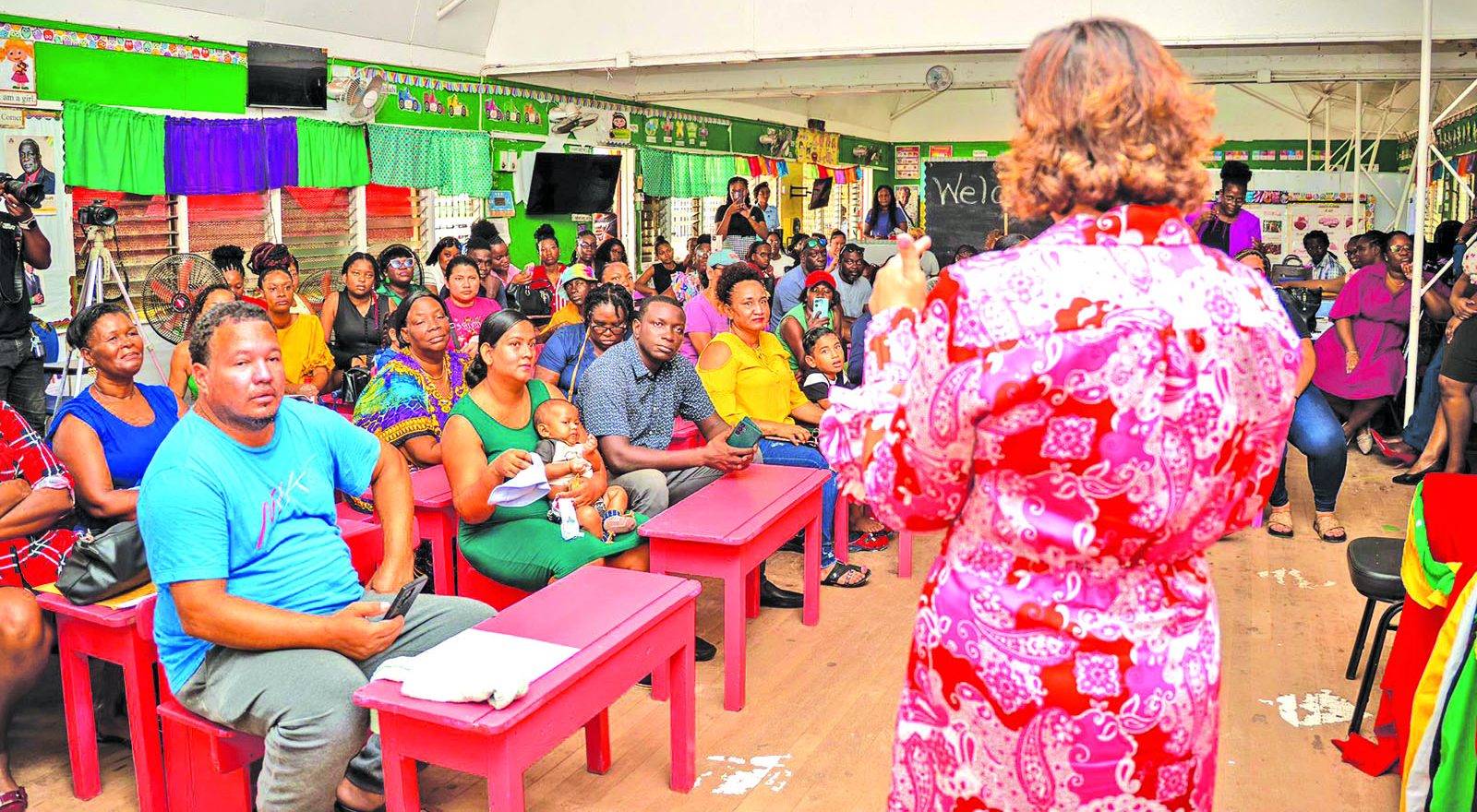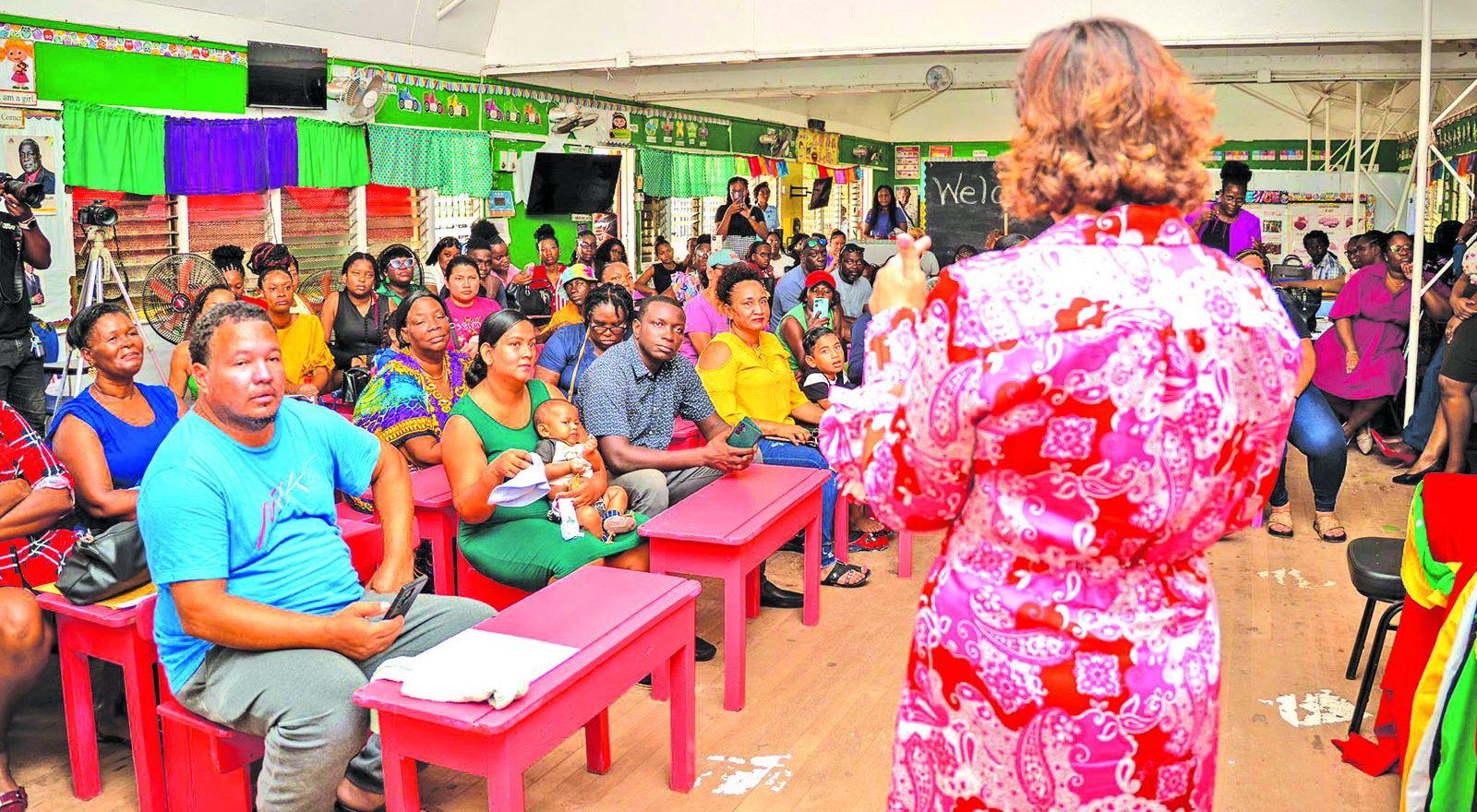A total of 15,268 pupils are expected to sit the National Grade Six Assessment (NGSA) that got underway on Wednesday.
Though this high-stakes assessment determines what secondary schools the pupils will be placed in, Education Minister Priya Manickchand posited that they will all benefit from a sound secondary education regardless of the school they eventually attend.
On Wednesday and Thursday, Grade Six pupils will be tested in four subject areas: Mathematics, Science, Social Studies and English. By July 17, their scores will be available and they will know what secondary school they will attend.
Minister Manickchand insisted that a sound secondary education will be delivered to each child regardless of their score and placement.
“… whatever school you get, it is our duty and I feel it very strongly to make sure that education is delivered at a high quality in every school,” the Education Minister said while speaking to reporters at the Peter’s Hall Primary School on Wednesday.
She added that emphasis is being placed upon supporting children’s development because they are seen as an integral part of Guyana’s development, especially now that the country is experiencing significant growth.
“Guyana is really moving and we’re making sure that we’re not just moving with high-rise buildings and hotels and roads but that we are developing our people, our children, so that they can actively participate in this thriving country that we are building out,” she said.
Previously, Manickchand said she would endeavour to make all secondary schools equal; this means a student would have access to the same resources and opportunities at what is considered a “top school” or another school.
Though Manickchand gave these assurances, many parents hope that their children will do their best at the assessment. But many parents are also conscious of the impact school closures and disruptions during the COVID-19 pandemic had on their children.
Puneet Jaigopaul, a parent at the Peter’s Hall school, said his son was among those affected by disruptions during the height of the pandemic because of limited interactions in school.
Nevertheless, he said educational resources provided by the Education Ministry, unconventional teaching strategies and additional parental guidance are among the responses rolled out to help pupils.
Viola Marshall, another parent, also related that her son had difficulties accessing electronic devices as needed for his classes but they made full use of other resources provided.





